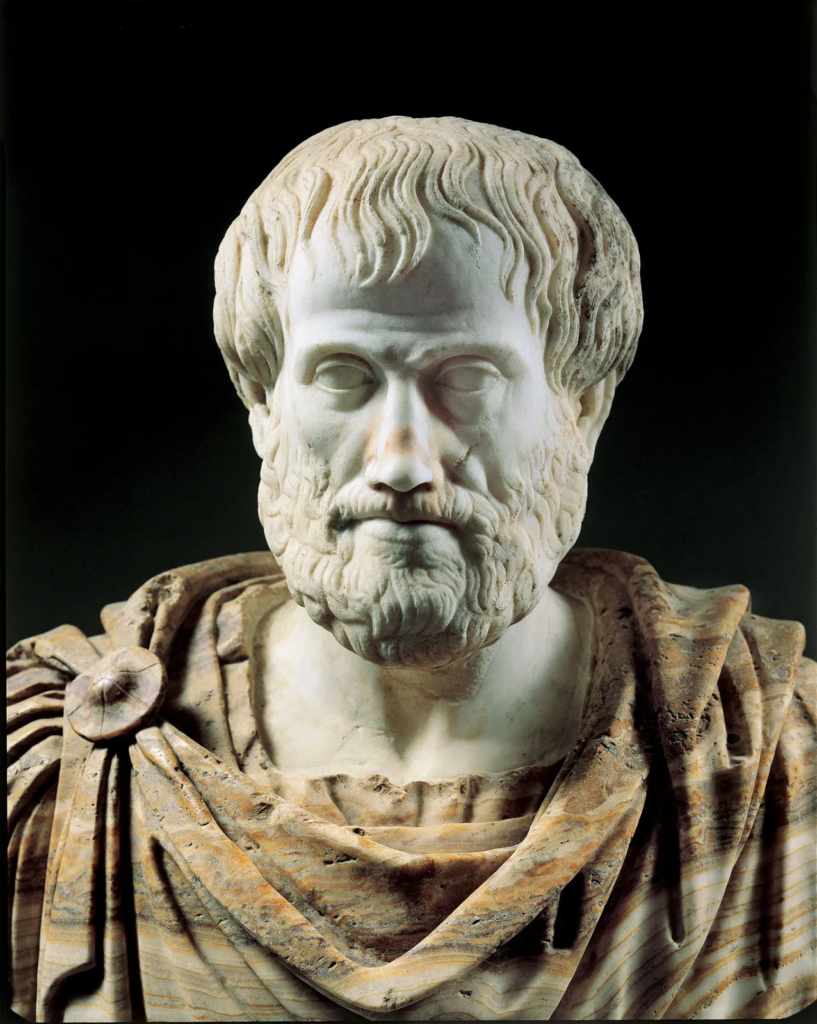John Calvin (1509—1564)
One can scarcely imagine a figure with a greater reputation for disapproval of philosophy than John Calvin. The French expatriate penned some of the most vitriolic diatribes against philosophy and its role in scholastic theology ever written. Thus, in one way, this reputation is rather well-earned, and an article upon Calvin in an encyclopedia of […]
John Calvin (1509—1564) Read More »







